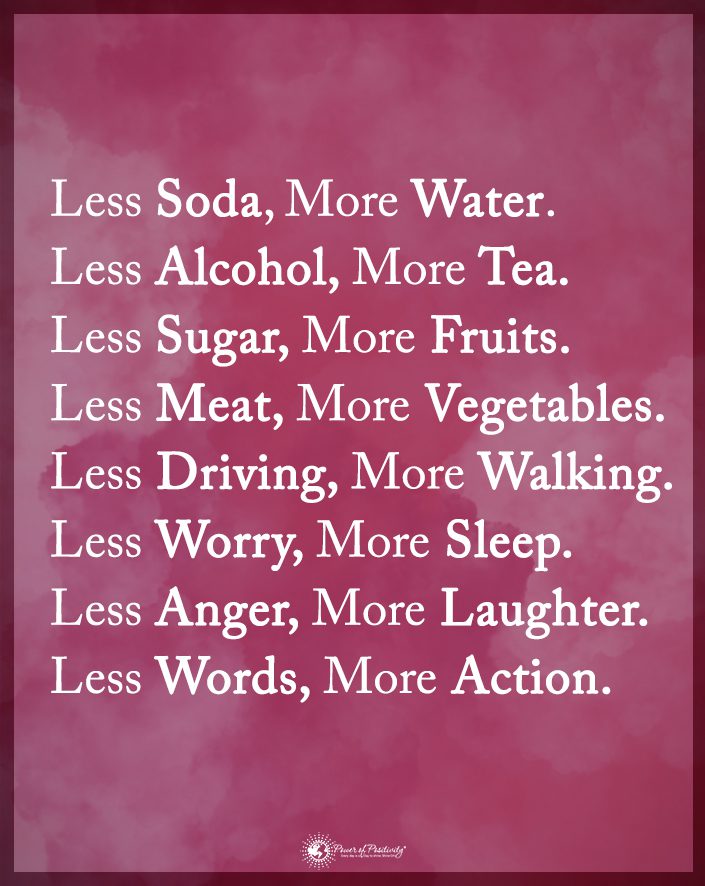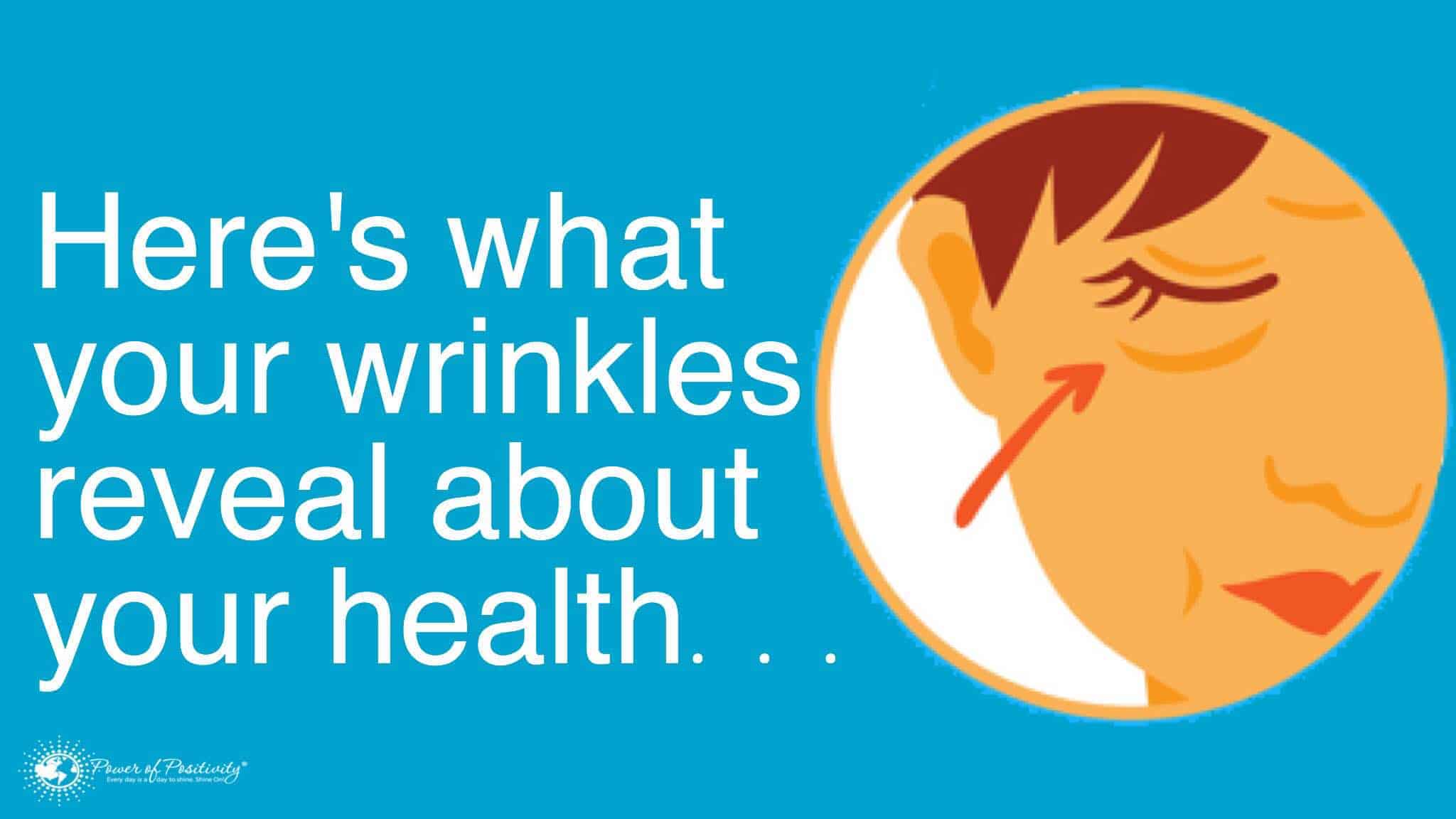Wrinkles are an inevitable part of the natural aging process. As we become older our skin gets thinner, drier and less elastic. Our skin’s ability to protect itself from damage is also reduced as we age. Eventually, wrinkles, creases and lines form on our skin. – Medical News Today
With age comes wrinkles. It really doesn’t get any simpler than that. And there is nothing wrong with having wrinkles – it’s a natural development of aging. Depending upon how one looks at it, wrinkles can be a sign of beauty, wisdom, knowledge, growth and even wellness.
Interestingly, wrinkles can also reveal certain things about our health. In many instances, unfortunately, certain signs of wrinkling can indicate a potential health problem. On the positive side, once these potential risks are identified, it is possible to be proactive in seeking treatment.
Here are 6 things that wrinkles reveal about your health:
1. An increased risk for heart disease
If one or both earlobes show a diagonal crease or wrinkle, it may indicate an increased risk for heart-related illness, including coronary heart disease. Researchers are unsure about why this enigmatic correlation exists, but there are two primary theories:
– The heart muscle and ear lobe are developed from the same genetic material, and a direct link exists between each part.
– Ear creases are a type of skin degeneration with the root cause being vascular disease.
Dr. Haim Shmilovich, a contributing author of one of the studies undertaken at the Tel Aviv Medical Center, says: “Our study showed a test accuracy of 67 percent, meaning that, in a general way of speaking, if you have this sign, you have a 67 percent change of having coronary artery disease.”
2. Decreased bone density (“brittle bones”)
In a study at the Yale University School of Medicine, a link was discovered between severity of wrinkles and bone mineral density. According to one researcher, “Skin and bones share common building blocks/proteins, and aging is accompanies by changes in skin and deterioration of bone quantity and quality…”
The researchers continue, stating that there is a potential link between wrinkle severity and lower bone density: “We found that deepening and worsening skin wrinkles are related to lower bone density among the study participants. The worse the wrinkles, the lesser the bone density, and this relationship was independent of age or of factors known to influence bone mass.”
3. Potential high blood pressure
According to a research study done at Leiden University Medical Center in the Netherlands, women who have a younger appearance – including less facial sagging and eye drooping – generally tend to have lower blood pressure. Also, the same study discovered that individuals who come from families with a history of longevity have less skin wrinkling on their upper arms than others in their age group.
4. Potential high stress
Doctors can indeed tell how stressed we are by our number of wrinkles. As one dermatologist put it “I can often tell how anxious a new patient is by the lines in her face.”
Stress often causes us to furrow our brow, which can lead to the development of permanent forehead wrinkles. However, these wrinkles are not limited only to the forehead. Continuous stress releases significant amounts of cortisol, the so-called “stress hormone.” As a result, our skin’s collagen diminishes and causes potential wrinkling.
5. High levels of sugar
Sugar contains a bonding agent that attaches to a protein in the body, creating advanced glycation end products (AGEs). Yes, that is a genuine byproduct and yes, that is a real (and fitting) acronym.
AGEs chemically breaks down the molecular structure of two important gatekeepers of skin health – elastin and collagen. Breaking down these two skin components increases the likelihood of developing additional fine lines and wrinkles.
A better, much healthier idea is to eat some fruit instead. Some fruits, particularly mangoes and pomegranates, contain beneficial skin properties. Specifically, research demonstrates that fruits can reverse skin damage (incredible!).
6. Nothing health-related at all (but still check!)
Of course, there’s a high likelihood that absolutely nothing is wrong. As mentioned, wrinkling is a completely normal part of the aging process. However, there is many a firm believer that potentially helpful methods of managing one’s health are worthwhile to examine.

Final Thoughts: Last Tips for Skin Health
- Get more sleep: Inadequate sleep has been linked to more wrinkles and fine lines, mouth drooping and pale skin.
- Eat more fruits and vegetables: Fruits and veggies contain carotenoids, a powerful skin antioxidant. The properties of carotenoids, particularly its anti-inflammatory effects, can be a powerful ally for skin health.
- Quit smoking: Perhaps no real surprise that smoking speeds up the skin’s aging process. The nicotine in cigarettes narrows blood vessels and restricts blood flow. In short, the more one smokes, the more damage is done to the skin.


















